Our Board of Directors
As the supreme governing body of ICARS, the Board of Directors holds both strategic and financial responsibility and brings a wealth of knowledge and expertise to support ICARS’ mission. The current Board of Directors, appointed by the Danish Minister for Health, will operate until the end of 2027.
Board Members
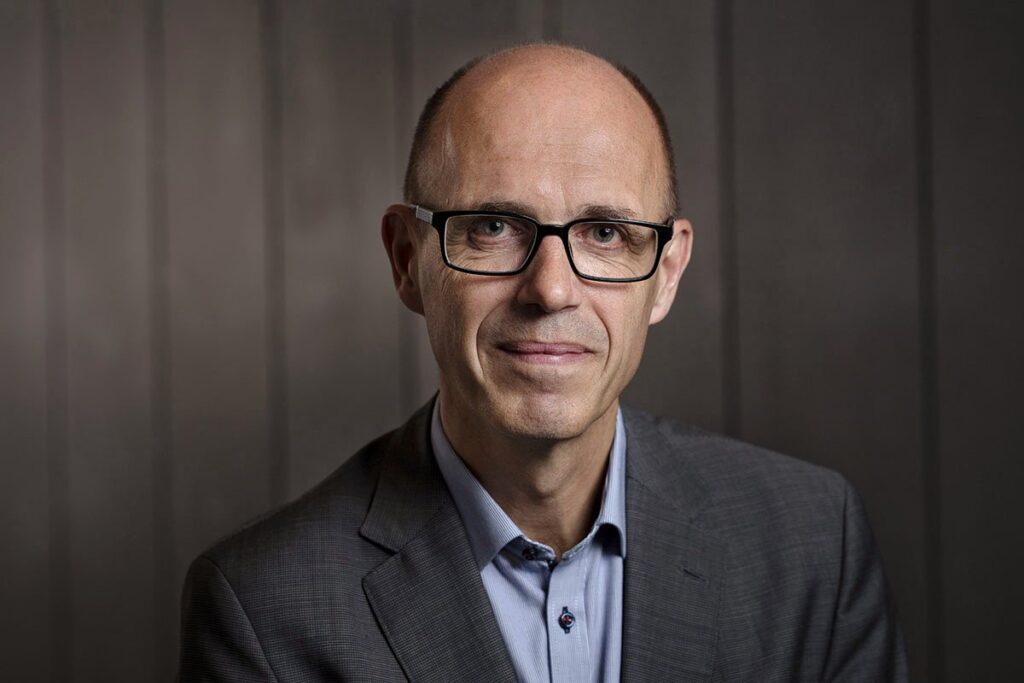
Henrik Wegener
Henrik Wegener brings to the Board of Directors more than thirty years’ experience in epidemiology of infectious diseases. His research on antimicrobial resistance and infectious Diseases from a One Health perspective has contributed to the development of national, European and global programmes for monitoring and controlling antibiotic resistance in the farm-to-fork chain. Currently Henrik is Rector at the University of Copenhagen. In his former position at the National Veterinary Serum Laboratory Henrik Wegener was co-responsible for the establishment of DANMAP, the Danish Programme for surveillance of antimicrobial consumption and resistance in bacteria from food animals, food and humans, which today still is seen globally as a role model for surveillance in a One Health perspective.
“My research and experience have made clear the need for a one-health approach to tackling antimicrobial resistance. I am really looking forward to chairing the ICARS Board of Directors and providing governance to mobilize the important and ambitious ICARS agenda.”
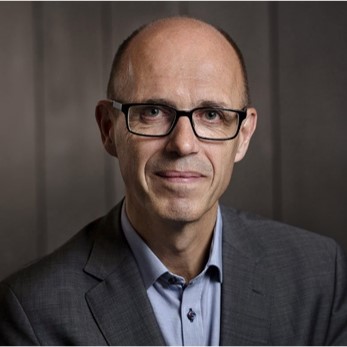
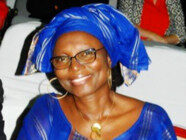
Founder and Executive Director of Africa Catalyzing Action for Nutrition (AfriCAN)
Isatou Jallow
As founder and Executive Director of AfriCAN and a former World Food Programme (WFP) Chief of Gender, Isatou brings 30+ years of policy, strategy and implementation experience to the ICARS board. She has worked across sectors to establish strategic partnerships, build and coordinate multi- sectoral and multi-stakeholder platforms. She continues to work to position nutrition and women at the centre of development at all levels.
“As a nutritionist, I am pleased to be part of the ICARS board and supporting its mission as AMR and malnutrition are both cross cutting challenges, requiring multi-sectoral collaboration and solutions. I am looking forward to working on the board to among other things, put nutrition on the agenda of AMR and AMR on the agenda of nutrition”.


Former Director General at the International Livestock Research Institute (ILRI)
Jimmy Smith
Jimmy Smith served as Director General of the International Livestock Research Institute from 2011-2022, he brings considerable experience in livestock research for development. Before joining ILRI, he worked for the World Bank, leading its global livestock portfolio. Earlier in his career, as ILRI’s regional representative for West Africa, he led the development of integrated research promoting smallholder livelihoods through animal agriculture and built effective partnerships among stakeholders in the region.
“As the whole world grapples with the urgent challenges of COVID 19 and climate change, we should not let the risk of Antimicrobial Resistance fall off the table. It is also urgent and compelling everywhere but particularly in developing countries where efforts to respond lag to those in developed countries with greater financial and institutional means. It is in this context that I am very pleased to be see ICARS coming to fruition as it will be a shot in the arm to the responsiveness of low and middle income countries on AMR. I am equally pleased to be asked to serve on ICARS inaugural Board”

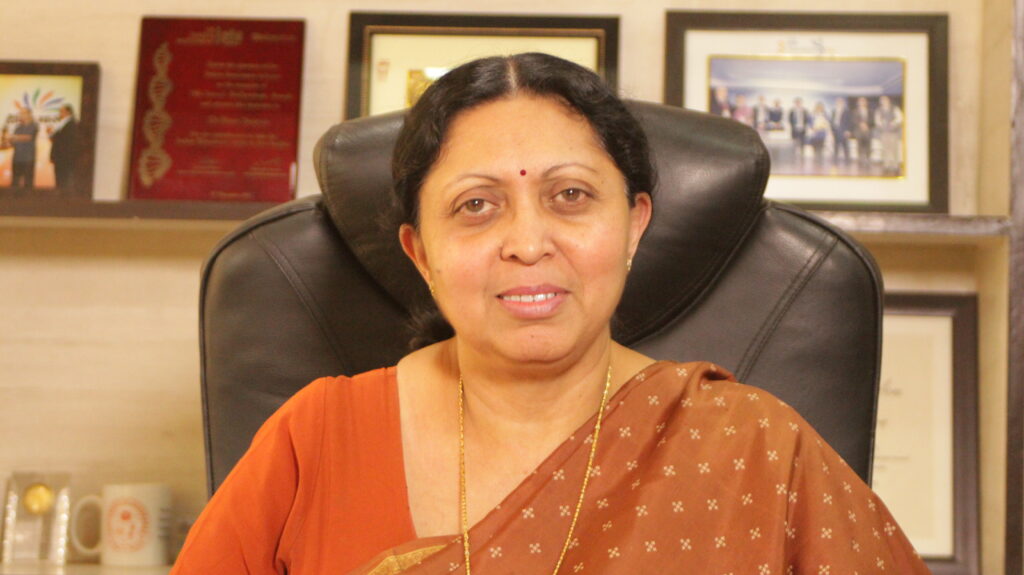
Former Secretary to the Government of India, Department of Biotechnology, Ministry of Science & Technology
Renu Swarup
Dr. Renu Swarup brings a wealth of knowledge and experience to support us in our mission of tackling antimicrobial resistance in low- and middle-income countries. In her almost 30-year career at the Department of Biotechnology, Renu played a key role in the formulation of India’s Biotechnology Vision and Strategy and is credited with the establishment of India’s largest Microbial Resource Centre.
“It is a pleasure to join the ICARS Board. I look forward to the very important work being undertaken on developing and implementing AMR action plans in LMICs. AMR is a silent pandemic that needs global attention and ICARS’ vision and mandate aims to do that.”
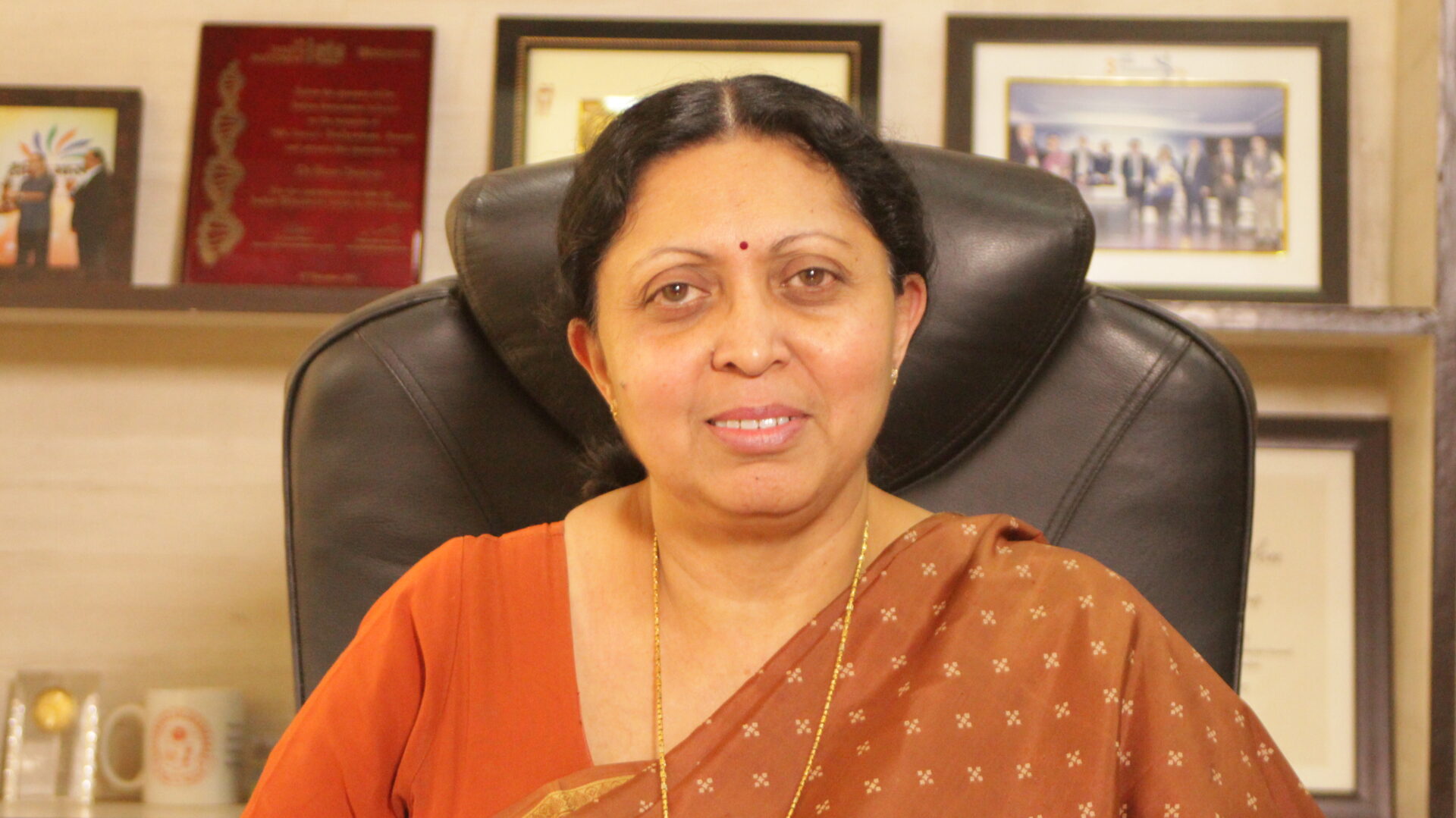
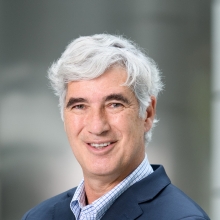
Global Director for Health, Nutrition and Population, World Bank
Juan Pablo Uribe
Juan Pablo Uribe, MD, is the Global Director for Health Nutrition and Population at the World Bank and Director of the Global Financing Facility for Women Children and Adolescents (GFF). Previously, Mr. Uribe was the CEO of Healthcare Providers for United Healthcare/Banmédica for Chile and Peru and served from 2018 to 2019 as Minister of Health and Social Protection of Colombia. Prior to that, he was the Director General of the Fundación Santa Fe de Bogotá, a leading organization in Colombia working in health care, health education and public health. Between 2009 and 2011, he was the World Bank´s Health Sector Manager for East Asia and the Pacific. In his career, first as a medical doctor specializing in public health and public administration, and later in both public and private sector organizations, Mr. Uribe has contributed significantly to the development of public health, health systems and public policies.

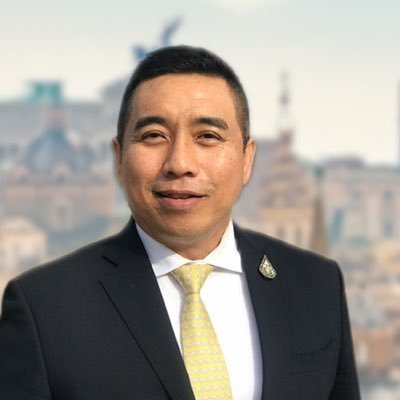
Director, Animal Production and Health Division, FAOH
Thanawat Tiensin
Mr. Thanawat Tiensin was elected as Chairperson of the UN Committee on World Food Security (CFS) on October 18, 2019.
As the Permanent Representative of Thailand to the UN Agencies in Rome, he has taken on other responsibilities such as Vice Chairperson of the 41st FAO Conference, Chairperson of the Asia
Regional Group, Bureau member of the FAO Committee on Agriculture (COAG), Bureau member of the Commission on Genetic Resources for Food and Agriculture (CGRFA), Bureau member and Rapporteur of the Plenary Assembly of Global Soil Partnership (GSP), Bureau member of the G77 & China, and Vice Chairperson and Member of the FAO Council in 2018.
Mr. Tiensin was a former Assistant Director General and Senior Expert on International Livestock Trade and Cooperation at Thailand’s Department of Livestock Development, Ministry of Agriculture and Cooperatives. He has worked for international development programmes in various technical areas such as agriculture, livestock, food security and food safety, international trade, and capacity building of veterinary service related issues with FAO, ADB, APHCA, EU, IAEA, and OIE in several countries including DPR Korea, Bangladesh, Indonesia, Lao PDR, Myanmar, Nepal, and Thailand.
With over 50 academic publications, he also provides lectures and technical services for various national and international universities and institutions. Mr. Tiensin has a Ph.D. in Veterinary Epidemiology and Economics from Utrecht University, The Netherlands and a Doctorate of Veterinary Medicine (D.V.M.) from Kasetsart University, Thailand.

